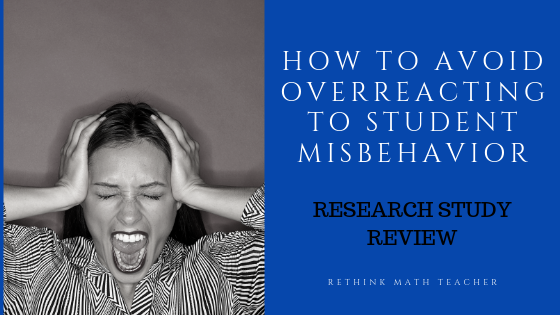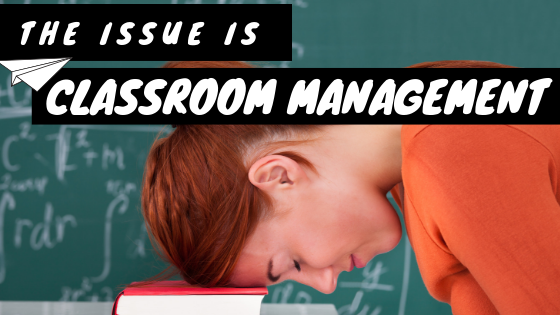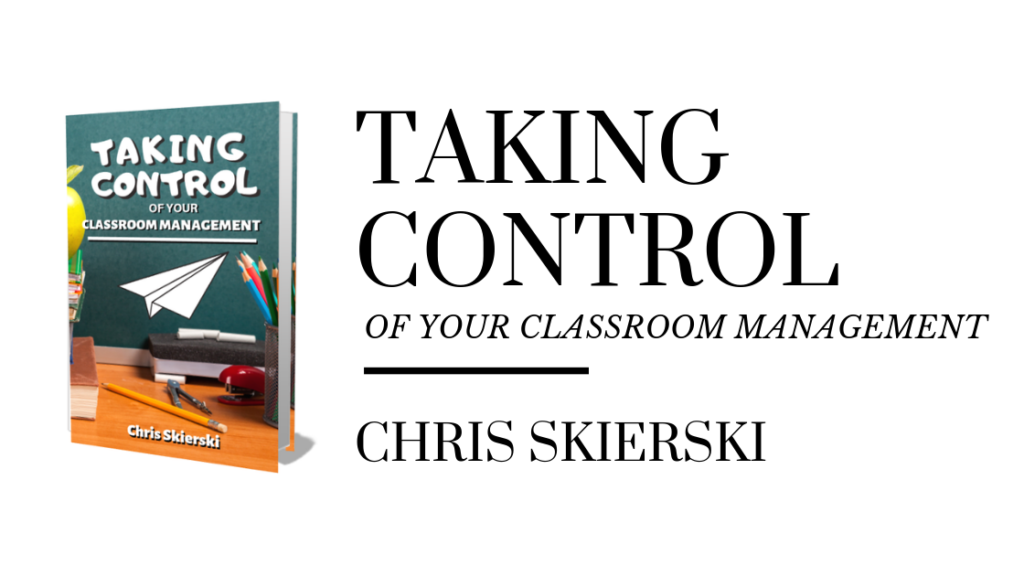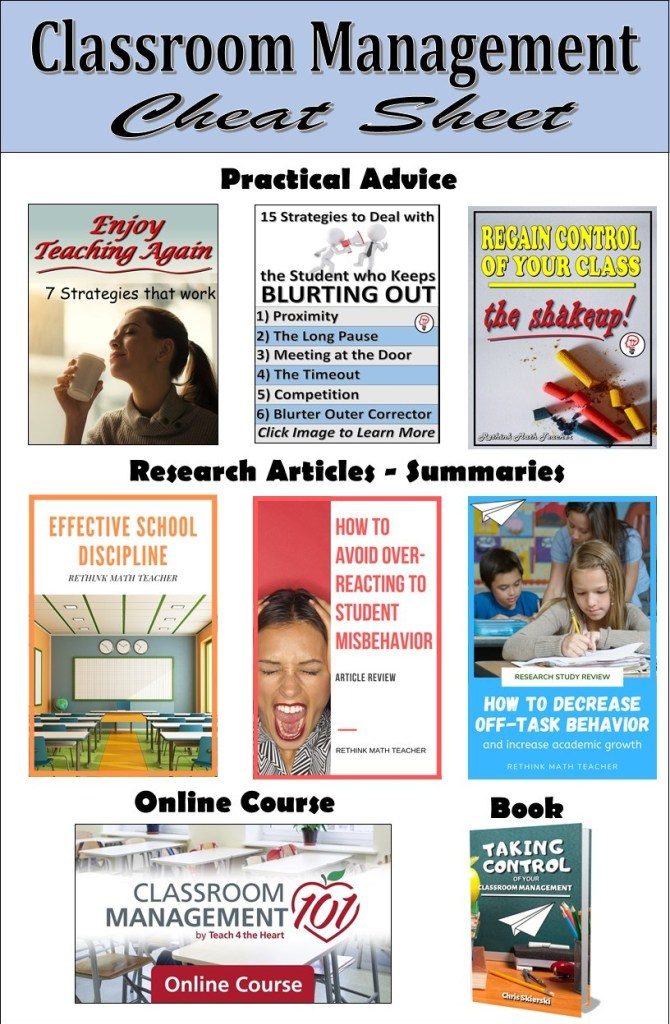
Minor student misbehavior can quickly cause frustration for teachers, especially when it becomes deliberate or intentional. While student misbehavior needs to be addressed and corrected, teachers can often exacerbate the situation through their reactions. Allan Alladay’s article “Responsive Management: Practical Strategies for Avoiding Overreaction to Minor Misbehavior,” recommends several strategies to help teachers effectively handle these situations without escalating the situation.
What follows is a brief summary of Mr. Alladay’s paper. To read the full article, click here.
Minor misbehavior includes being off-task, talking out of turn, creating distractions, and disobedience. These behaviors are occurring with great frequency and can be a source of extreme frustration for teachers. Curtailing these behaviors will lead to a positive teaching experience and more time spent on effective instruction.
1. An effective classroom management plan
My new book, Taking Control or your Classroom Management Plan, will walk you through a step by step process to create an exhaustive classroom management plan – as well as how to implement it into your instructional design.
For the sake of this article, Alladay and I agree that it is vital for you, the teacher, to outline your classroom management plan that is clear and specific. You then need to teach it to your students, model it, and enforce it.
A great emphasis should be placed on preventing misbehavior, which is why you need to carefully think through your policies and procedures for as many classroom situations as you can.

2. Rule reminders
After developing your classroom management plan, you must clearly communicate it to your students. This means explaining it to them, posting it in a visible place in the classroom, modeling it for them, and reminding them of it often.
Think of how often you have to ‘remind’ your children at home to clean their room or put their dirty dishes in the sink. Also take a look in the mirror, I’m sure that there are policies and procedures in your life, whether it is your work or personal life, that you are constantly being reminded of. Your students are the same, they will need to be reminded of the rules often. So teach it to them, practice it with them, and then reference it. But don’t forget to remind them of it often!
3. Proximity
Circulating throughout the classroom is an effective way to monitor your students and quickly address any off-task behaviors. Furthermore, when students recognize that you are in their proximity, they are quickly reminded of their expectations. Alladay recommends teachers plan their instruction in such a way that leaves time for them to move about the classroom.
4. Eye contact
Gaining eye contact with a student increases the likelihood of their compliance. If you are struggling to get a student to follow the rules, say their name, get their attention, and then make eye contact before communicating your expectations to them.

5. Praise appropriate behavior
I teach at a low income school middle and high school in South Florida. You would think that these kids who claim to be ‘too cool for school’ would not respond well when I announce to the class, ‘Oh thank you Lucy for doing your work without talking,’ but they do! In fact, just this announcement typically gets the majority of the class, if not all of them, to immediately begin doing what I have asked. Some go out of their way to shout at me, ‘Look Mr. Sir, I’m doing my work quietly!’ with no sense of irony.
Praise is a very effective tool for classroom management. So use it!
What’s Next?
If you would like help taking control of your classroom management, developing a plan, implementing it, and having a more enjoyable teaching experience – check out the new book: “Taking Control of Your Classroom Management.”
Click here to learn more about the book
More Articles on Classroom Management
Classroom Management
- Tips for Calling Parents
- Improving Classroom Management through Social Contracts
- Adjusting Student Behavior Through Measurable Goals
- Implementing Your Classroom Procedures
- How to Decrease Off-Task Behavior
- The Uncommon Teacher Challenge
- 7 Positive Behavior Reinforcement Strategies
- 15 Strategies for the Student who Keeps Blurting Out






